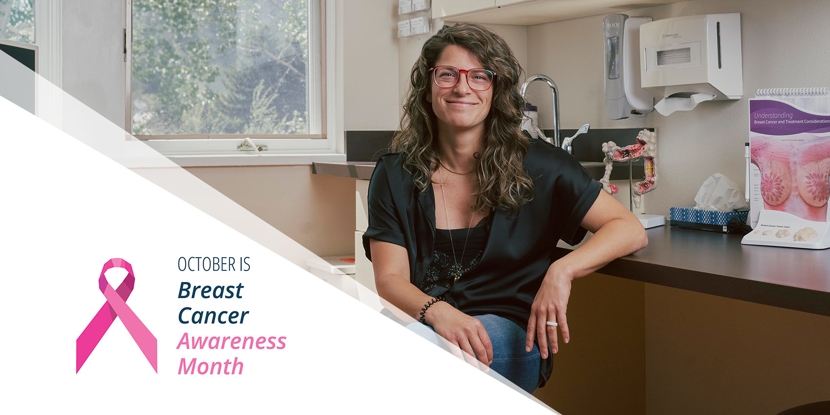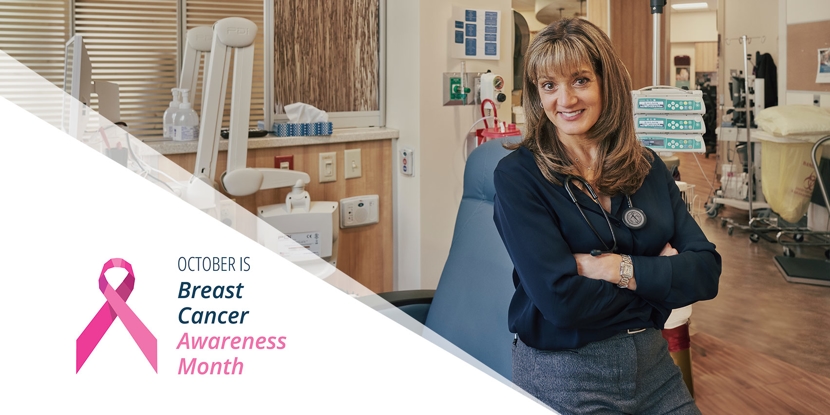What Age Does Osteoporosis Start?
- Category: Joint & Spine Center
- Posted On:
- Written By: St. John's Health
.jpg)
What is Osteoporosis?
Osteoporosis is a condition that causes the bones to become weak and brittle. In the United States, nearly 10 million adults have osteoporosis, while an additional 44 million have low bone density. As you grow older, it's essential to be aware of conditions that affect your joints so you can ensure your condition doesn’t worsen.
What Age Does Osteoporosis Start?
For most people, osteoporosis begins after age 50. However, there are some risk factors that can make someone more likely to develop osteoporosis at an earlier age. These include:
- Family history. If you have a family member with osteoporosis, you may be more likely to develop the condition yourself.
- Being female. Women are more likely than men to develop osteoporosis. This is due in part to hormones, as well as smaller, thinner bones.
- Certain medical conditions. Certain medical conditions can put you at greater risk for osteoporosis, including celiac disease, rheumatoid arthritis, and type 1 diabetes.
Prevention Tips
There is no one-size-fits-all answer to the question of when osteoporosis prevention should start. Some risk factors, such as age and family history, are out of our control. However, there are lifestyle choices we can make that can help keep our bones healthy and reduce our risk of developing osteoporosis.
Weight-bearing exercise and getting enough calcium and vitamin D are important for bone health. If you smoke, quit; smoking increases your risk of osteoporosis. Drinking too much alcohol can also weaken bones.
Bone Density Testing & Treatment
One of the first things your doctor may do if they suspect you have osteoporosis is order a bone density test. This test uses X-rays to measure how much mineral is in your bones. The results of the test are given as a T-score. A T-score of -1 to +1 is considered normal bone density. A T-score of -2.5 or lower indicates osteoporosis.
If you have osteopenia (low bone density), your doctor may recommend starting treatment to prevent osteoporosis. Treatment options include medications that stop or slow bone loss and increase bone density.
St. John’s Joint & Spine Center in Jackson Hole
Early diagnosis and treatment are important in managing osteoporosis. At St. John's Health, our goal is to provide seamless, coordinated care, and get you back to your favorite activities as soon as possible.
Learn more about how our team diagnoses and treats a wide range of joint conditions today.



